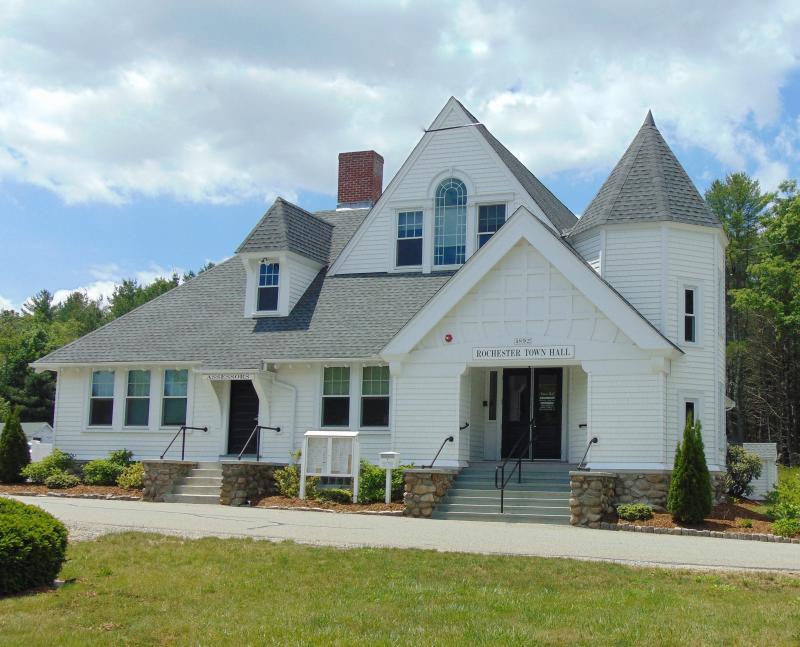Voters approve solar bylaw, extension of pot shop ban
Rochester voters approved a $21 million budget during Town Meeting on May 21, as well as a solar farm bylaw that will require a large setback for new projects, and a continuation of the town's ban on recreational marijuana retailers and related businesses.
During the approval of the budget, resident Bill Milka questioned a three percent salary adjustment and a two percent cost-of-living raise for the town's lead assessor. Milka requested that the budget be amended to remove $20,000 from the assessors' total budget.
Finance Committee members questioned if it was possible to make such an adjustment on the Town Meeting floor. Blair Bailey, town attorney noted: "This is the place to do so, if there's any place. Town Meeting is the ultimate decider."
Resident Matt Monteiro questioned why Milka wanted a $20,000 deduction, rather than removing the three percent salary adjustment, and Milka said that he was concerned about the higher-than-average raise.
Ultimately, Milka's request failed. Selectman Woody Hartley offered an alternative; he requested to decrease the lead assessor's salary $2,315 -- equal to removing the three percent raise.
The motion passed and the operating budget was approved without further concern.
Solar farm bylaw
Solar farms have been a hot topic in Rochester lately; residents of Mendell and Rounseville roads protested that an incoming 13-acre solar farm on the corner of both roads will negatively impact property values and blight the rural landscape, damaging the character of the town.
Seven acres of trees on the property will be clear cut to create the solar field (which will contain 9,000 solar panels), while some stone walls on the property will be removed. An eight-foot fence and berm will also be erected around the solar field, as required by the zoning bylaws.
The new solar bylaw proposed by the Planning Board, and approved by voters, requires all solar farms in an area zoned agricultural-residential to be set back at least 300 feet from any public or private way.
The side and back setbacks are set at 100 feet, said Planning Board Arnie Johnson. "That keeps solar farms in line with any other building application," he explained. "All other structures have a 100-foot setback, and these are certainly structures."
The new bylaw will not affect any current solar farm projects, but will apply to any new projects.
Extension of marijuana business moratorium
Rochester's ban on recreational marijuana sales and related businesses was extended to June 30, 2019. The Planning Board requested a continuation of the moratorium in order to more effectively create zoning plans and bylaws for the shops, now that the state's Cannabis Control Commission has created state regulations.
Resident Chris Carey asked town officials why they were extending the ban.
"How is this town benefitting from a delay when Middleboro and Wareham are already planning marijuana businesses?" he asked.
Bailey, the town attorney, explained that recreational marijuana businesses in other towns are moving forward because the owners of the businesses had filed applications with the state to put stores in those towns. Now, the towns are moving forward with the applications.
"I've checked, and nobody has filed with the state to put a recreational marijuana business in Rochester," he said. "But this delay won't stop anyone from coming in. We can't extend this any further."
The Massachusetts Attorney General, Bailey explained, made it very clear that marijuana moratoriums cannot be indefinitely extended, and must have an end date. "So," he continued, "the continued moratorium won't stop anyone interested in putting a business in here, because they know the moratorium is going to end."














